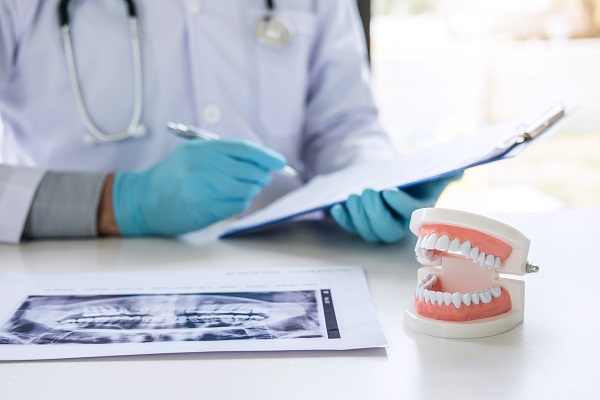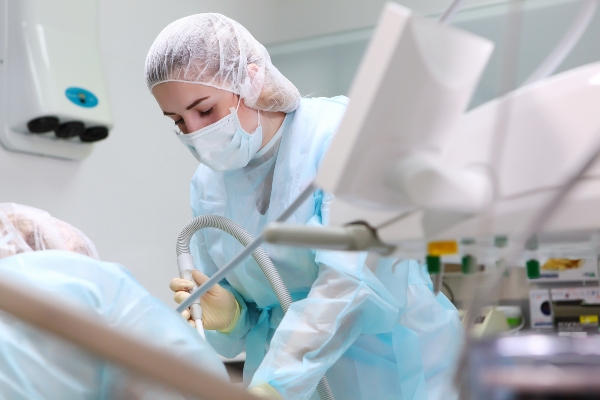Licensure Requirements for a Pediatric Dentist

Being aware of the necessary licensing and educational requirements of a Pediatric Dentist may help any parent to be put at ease about who is performing routine care on their children. This information can also be helpful to someone considering pediatric dentistry as a career. Whether you are a skeptical parent or looking for a career change, you may find this article to be helpful.
Licensure requirements for a pediatric dentist
Pediatric dentistry has a lot of requirements that must be met. Pediatric dentists are to thank for the oral and dental care of children of all ages. They play an important role in dentistry, but it does not come without work. Pediatric dentists undergo a lot of training, licensing and education in order to treat pediatric patients.
Bachelor’s degree
Most fields of medicine require that the doctor or dentist receive a bachelor’s degree in the field that they are studying. In this case, that would be a degree in chemistry, biology or medicine. There is no specific degree that must be obtained, but it is beneficial and often recommended to aim for one that would pertain to pediatric dentistry.
DATs
The Dental Admissions Test must be taken and passed by all dentists, not just pediatric ones. Before applying for dental school, the student must take their DAT during their junior year of undergraduate study. Dental schools will look for this score on transcripts to ensure that it was taken.
Dental school and residency
Dental school is required for all pediatric dentists to ensure that they are trained and educated in this field of study. A Doctor of Dental Surgery or Doctor of Medicine must be obtained in order to be a licensed pediatric dentist. After graduating from dental school, it is important to undergo pediatric dental residency. Hands-on work with children of all ages is to be expected as this prepares pediatric dentists for a career. Because pediatric dentistry focuses on children, there will also be courses on child development and the psychology of children too.
Licensing
After undergraduate and graduate courses are obtained, the soon-to-be pediatric dentist must prepare for the actual licensing portion of the career preparation. National licensing is the National Board Dental Examination which allows the pediatric dentist to obtain a general dental license. This exam is taken by every person aiming to be a dentist of some form.
Pediatric dental licensing can be obtained after the residency program is completed. Some states require a state-specific exam to be taken, depending on the location of the pediatric dentistry practice. Voluntary licensing is optional but can definitely make any pediatric dentist more appealing to visit. The American Board of Pediatric Dentistry offers board certification which can be obtained through further pediatric dentistry exams.
Contact your pediatric dentist today
If you have questions about the licensing for pediatric dentists, then reach out to your dentist’s office today. Let the trained professionals go over any questions that you may have! Your pediatric dentist can provide all the information you need. Give the dental office a call or stop by today.
Request an appointment here: https://www.hvkidsmiles.com or call Hudson Valley Pediatric Dentistry at (845) 363-4177 for an appointment in our Middletown office.
Check out what others are saying about our dental services on Yelp: Pediatric Dentist in Middletown, NY.
Recent Posts
A child dentist can help your child achieve better dental and general health. Regular visits allow your child to get used to dental checks, tools, and equipment. Dental fear disappears, and the young patient can continue having a bright, painless smile. Here are what parents like you should look forward to during child dentist appointments.Choosing…
Cavity treatment for kids is essential for a child’s oral health. Dental decay can cause discomfort, causing the child to lose focus at school. It can even result in low self-esteem and malnutrition. Treating cavities can improve your child’s general health. Here are effective techniques for cavity treatment for kids.There are cases when fillings cannot…
Parents play a crucial role in their children's tooth care by ensuring their children get started on the right path to optimal dental health. This involves overseeing children's tooth care at home while also helping them develop healthy dental habits and ensuring they see a pediatric dentist regularly.Parents will need to keep their child's mouth…
Just like adults, children need preventive dental care — that is where pediatric dentistry comes in. Many parents believe that their child's teeth are healthy simply because their child is young. The truth is that oral health issues are as prevalent in kids as much as adults. Since they love sugary treats, the risk of…


